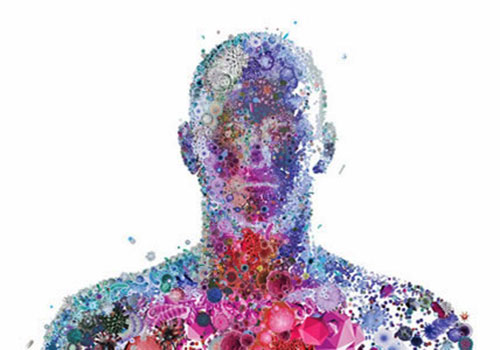|

by Josh Richardson
February 13, 2015
from
PreventDisease Website
Compared to the length of time the Earth has existed, humans have
only been here a very small fraction of that period.
One thing that is very confusing about our biological
classification is that we are labeled as mammals and part of the
animal kingdom. However, mammals do not behave the way we do. I
realize that our classification has more to do with our biology
rather than behavior, but hear me out.
Our behavior is so unique that it aligns with
something else - something not living at all.

Mammals share specific characteristics which separate them from
other animals.
There are different types of groups of mammals such
as bats, carnivores, cetaceans, elephants, marsupials, primates,
rodents, treeshrews and many others.
They are found all over the world in all different
climates. They nurse their babies with mother's milk, maintain a
constant internal temperature, protect their young, have hair, more
developed brains and many other shared physical features.
All mammals strive to instinctively:
-
maintain a natural equilibrium within their
ecosystem
-
consume nutrients to maintain a homeostatic
balance
-
reproduce up to the limitations that natural
resources can provide
Modern humans don't follow any of the above
instincts, if they have them at all.
Humans:
-
destroy the natural equilibrium within the
environment they inhabit
-
expend energy and resources to destroy cells
within the body
-
reproduce to the point of exceeding the
capacity of natural resources of the host environment
-
will latch onto other environments to repeat
the same process and will teach other humans to do the same
thing
Behaviorally, there is no other mammal that does what
humans do.
Our capacity to destroy our environment makes us
practically pseudo-living organisms in this respect.
There is one other organism that does mimic our behavior. It's
called
a virus. Viruses have insinuated themselves into the genome
of our ancestors for hundreds of millions of years. They typically
have gotten there by infecting eggs or sperm, inserting their own
DNA into ours.
There are 100,000 known fragments of viruses in the
human genome, making up over 8% of our DNA.
Unlike mammals, what's interesting about viruses is that
they're not
alive. They don't grow, produce/utilize their own energy, cannot
independently reproduce, or move on their own. Are human beings
headed in the same direction?
As soon as humanity stops living like a virus,
consciousness will
evolve to an infinite source of power, abundance and prosperity for
our species.
The only thing we need to do is recognize it.
Source
|

